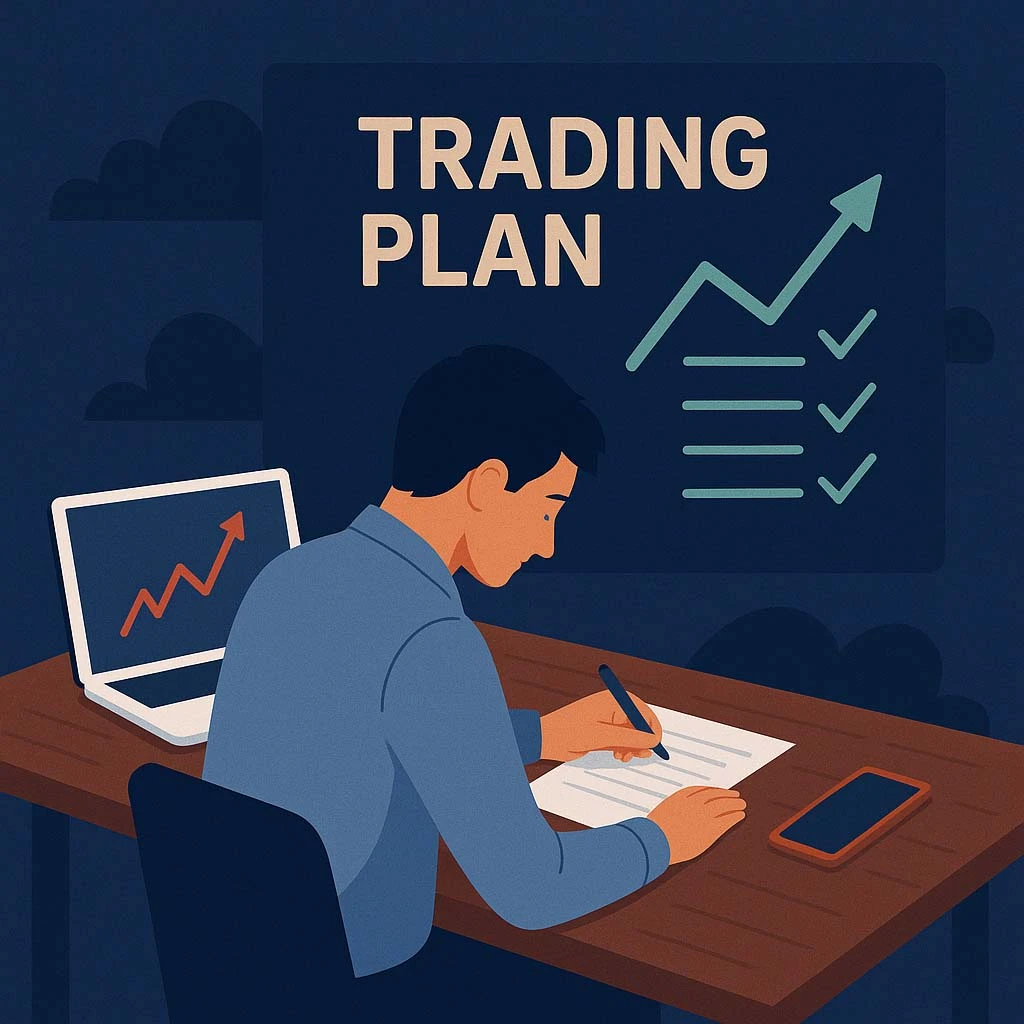

- By Admin
- May 4, 2025
5 Common Mistakes New Traders Make and How to Avoid Them
Introduction
Entering the financial markets is an exciting journey filled with opportunities—but it's also a terrain full of risks, especially for beginners. Many new traders make avoidable mistakes that often lead to frustration or even significant financial loss. In this article, we’ll explore five of the most common mistakes that new traders make and provide practical strategies for avoiding them.
1. Trading Without a Clear Plan
Many beginners start trading impulsively, relying on hunches or tips rather than a structured trading plan.
✅ How to avoid this:
-
Define clear financial goals.
-
Choose a trading strategy that suits your risk profile and lifestyle.
-
Set specific entry and exit rules.
-
Stick to your plan and adjust only based on data, not emotion.
2. Neglecting Risk Management
Risk management is not optional—it's essential. Ignoring it is one of the fastest paths to blowing your account.
✅ How to avoid this:
-
Risk no more than 1–2% of your capital per trade.
-
Always use stop-loss orders.
-
Diversify your trades instead of going all-in on one asset.
3. Emotional Trading
Emotions like fear and greed can ruin the best strategies if not controlled.
✅ How to avoid this:
-
Trade based on logic and your system—not emotions.
-
Keep a trading journal to track your behavior and decisions.
-
Avoid trading when angry, tired, or stressed.
4. Overtrading
Trading too frequently without strong setups or due to boredom leads to overexposure and poor decision-making.
✅ How to avoid this:
-
Focus on quality setups, not quantity.
-
Limit your trades per day or week.
-
Don’t chase losses or revenge trade.
5. Overusing Leverage
Leverage can amplify profits—but also losses. Misuse is common among new traders.
✅ How to avoid this:
-
Use leverage cautiously, especially when starting out.
-
Fully understand how leverage works before using it.
-
Practice in a demo account first.
Conclusion
Success in trading doesn’t happen overnight. By avoiding these common mistakes and committing to continuous learning and discipline, you’ll be setting yourself up for long-term growth and stability in the markets.




